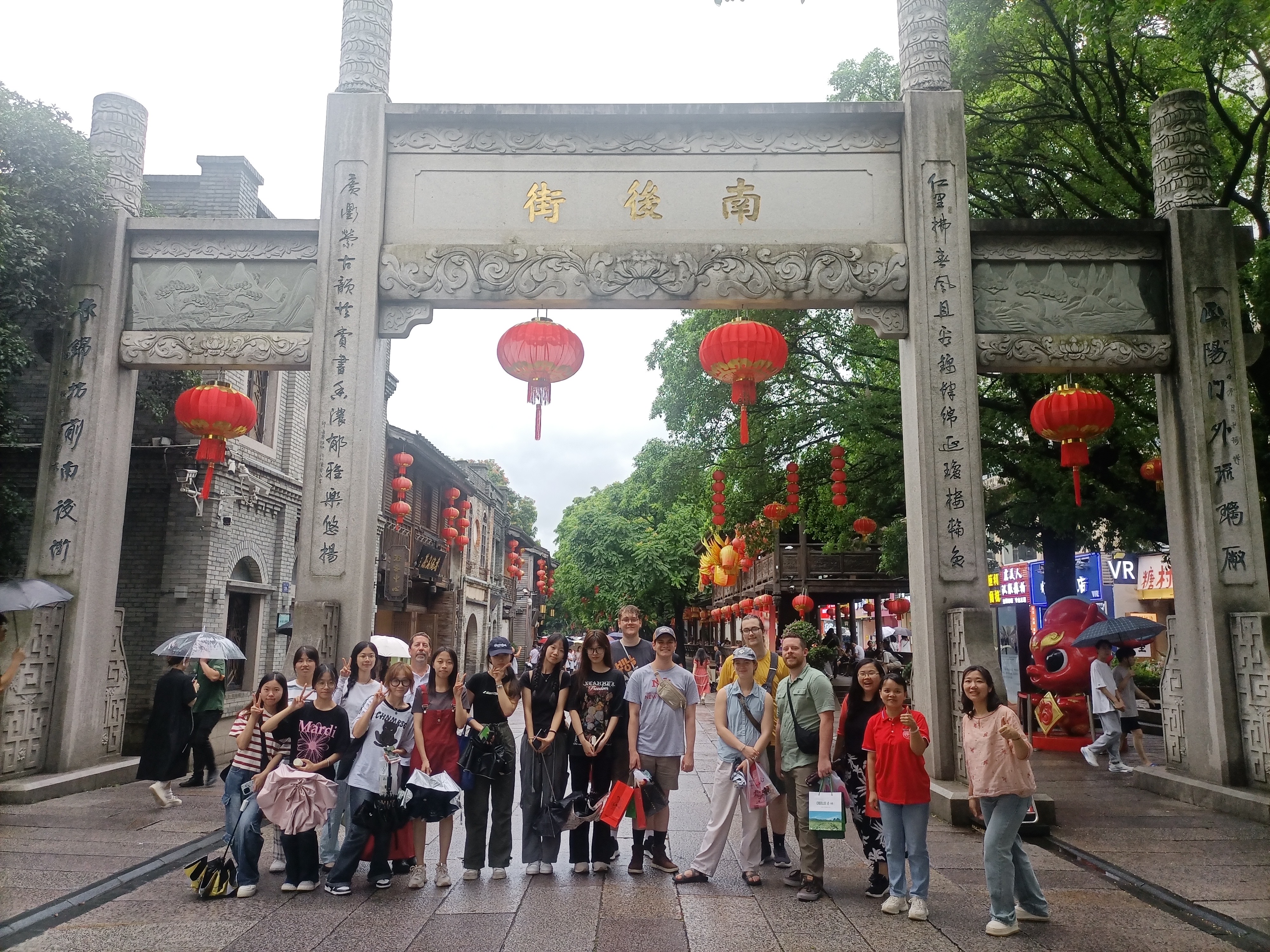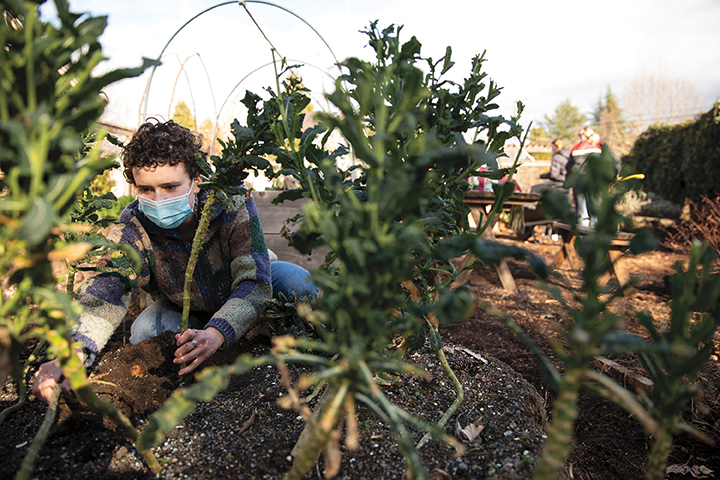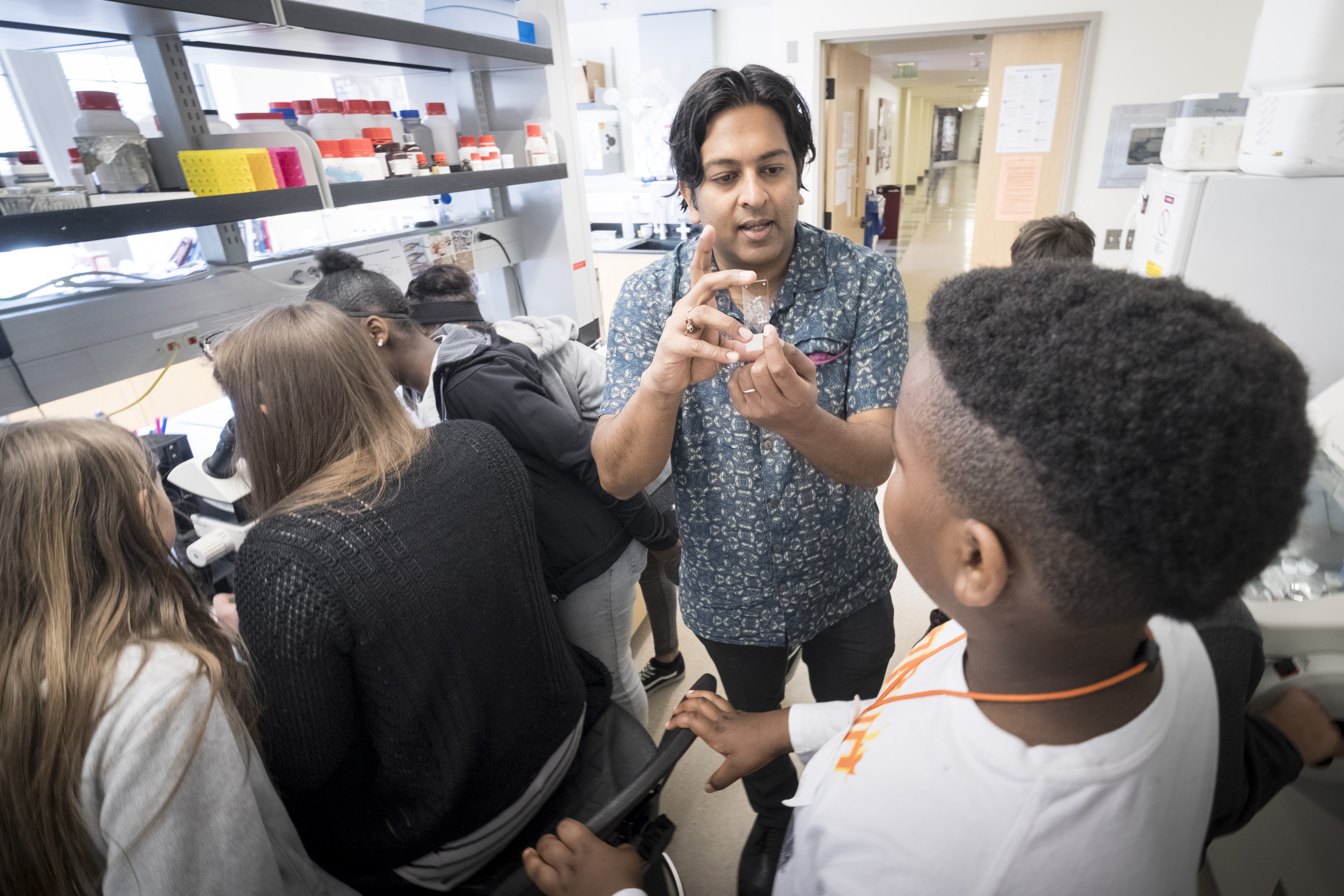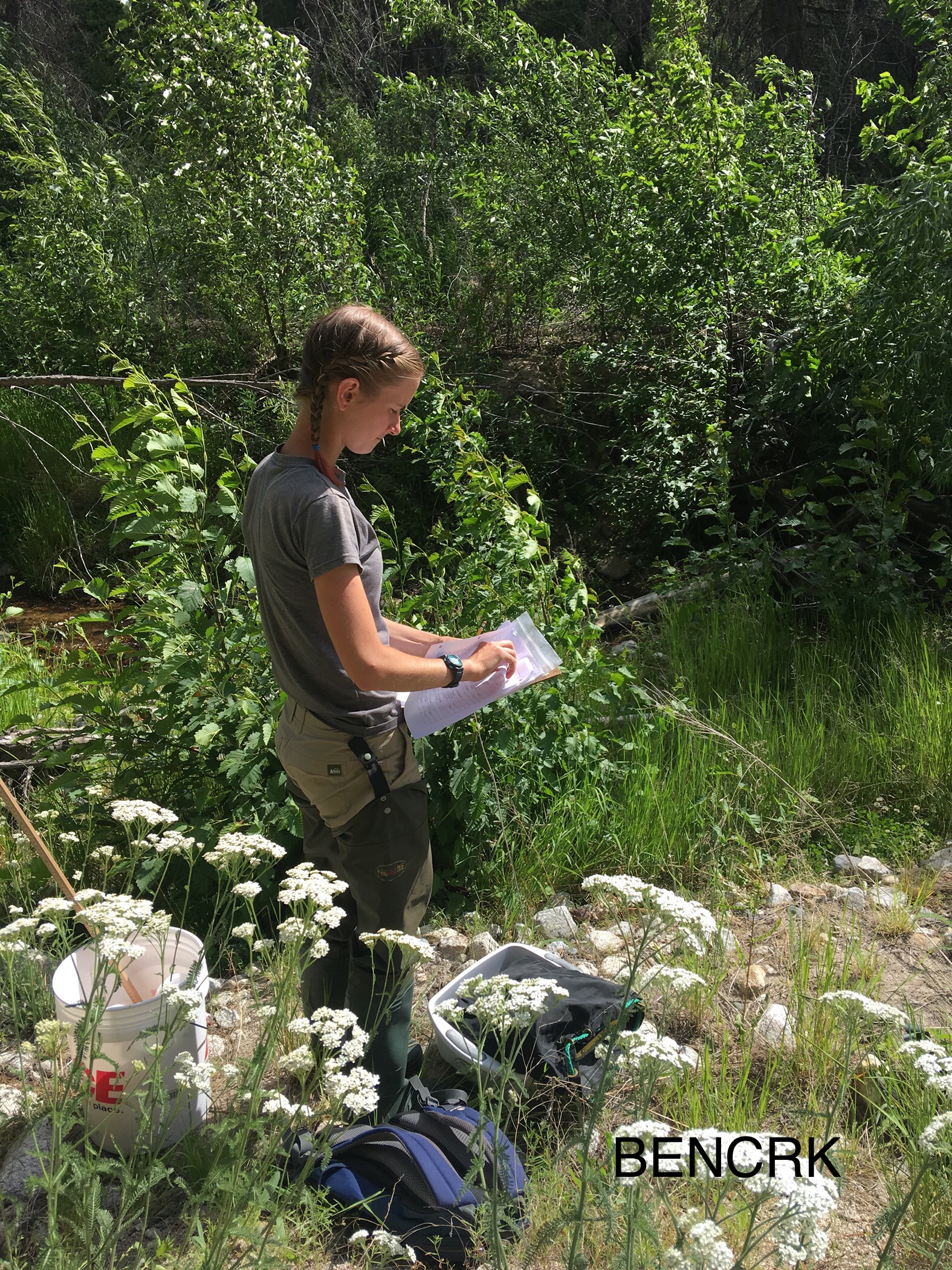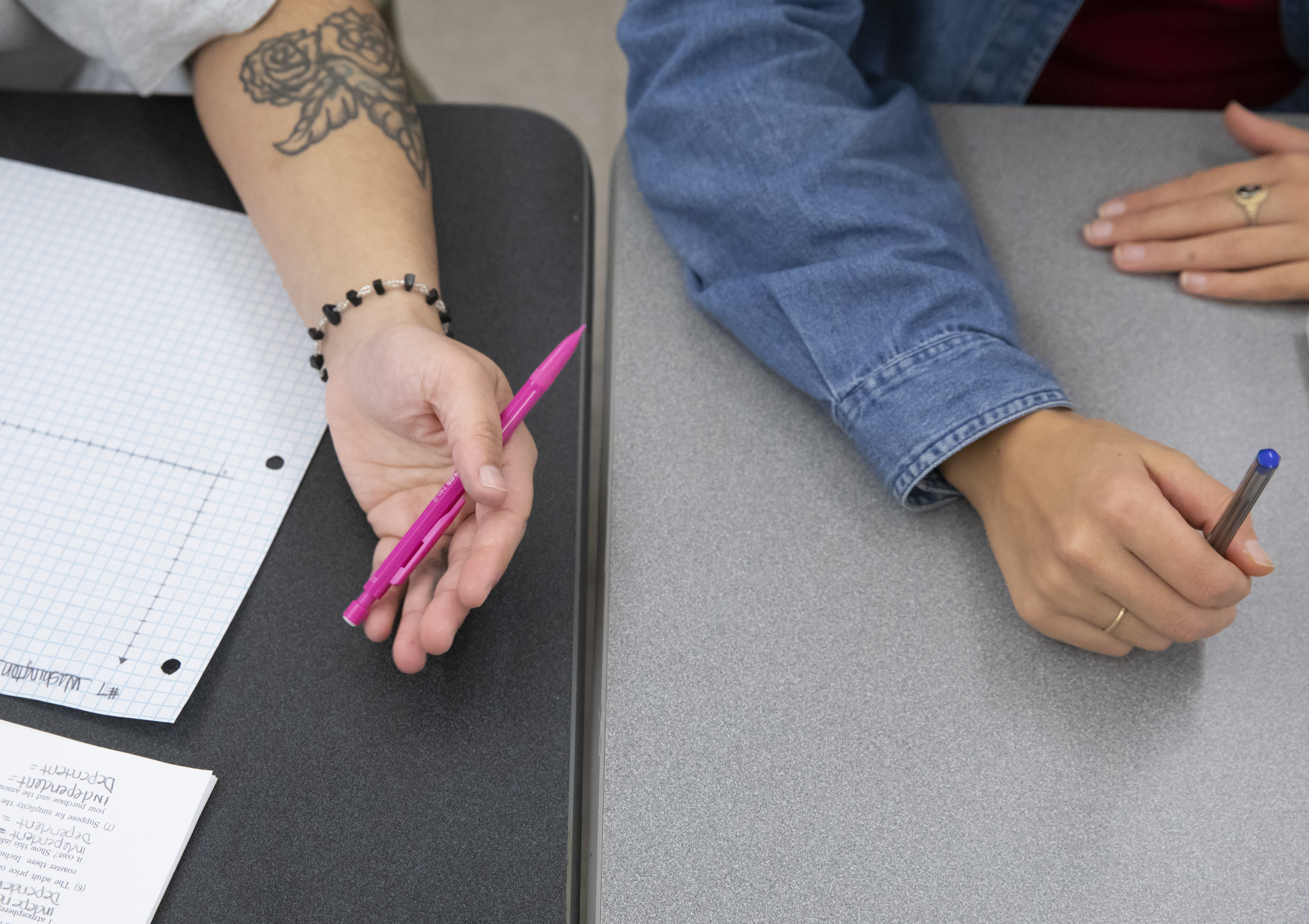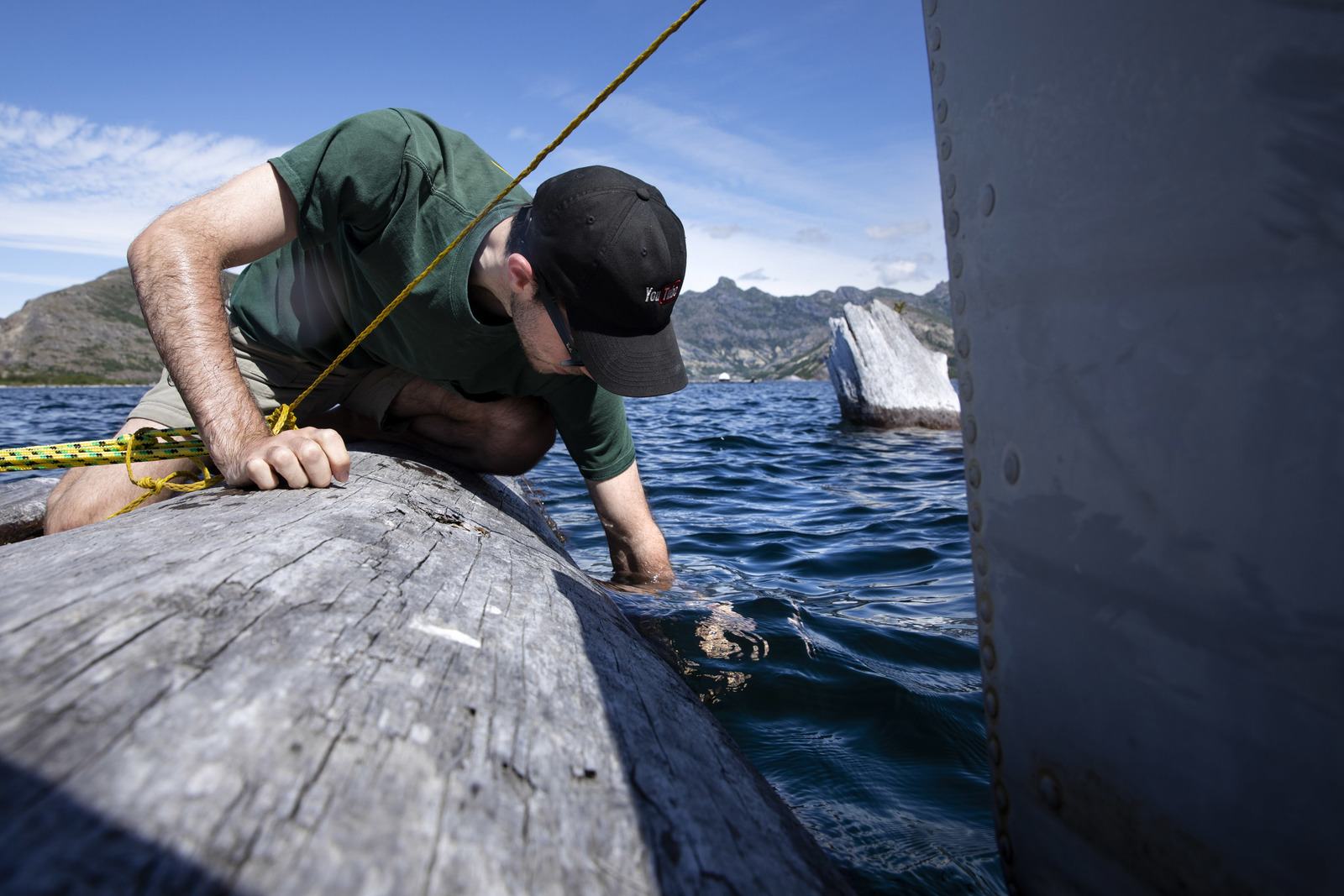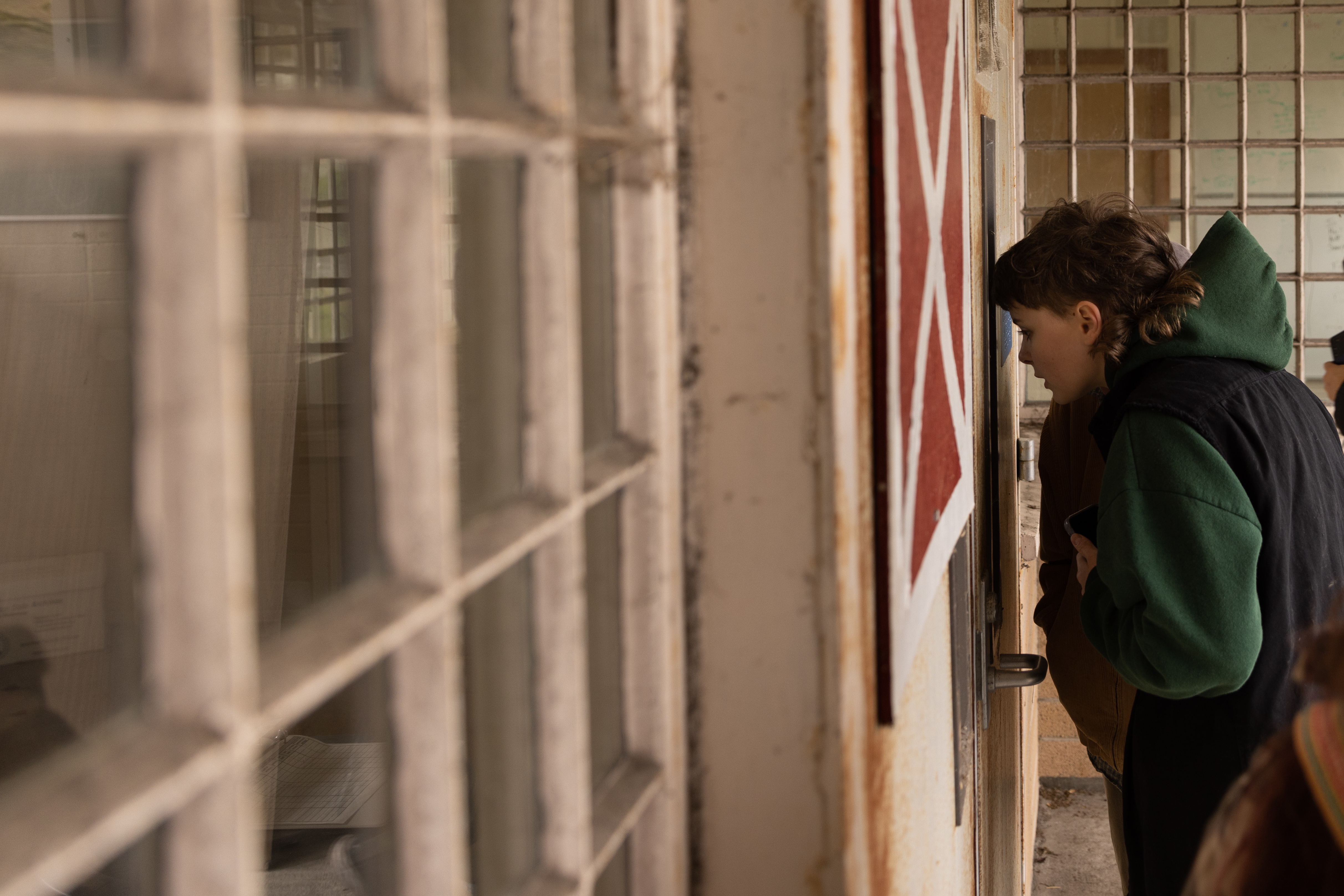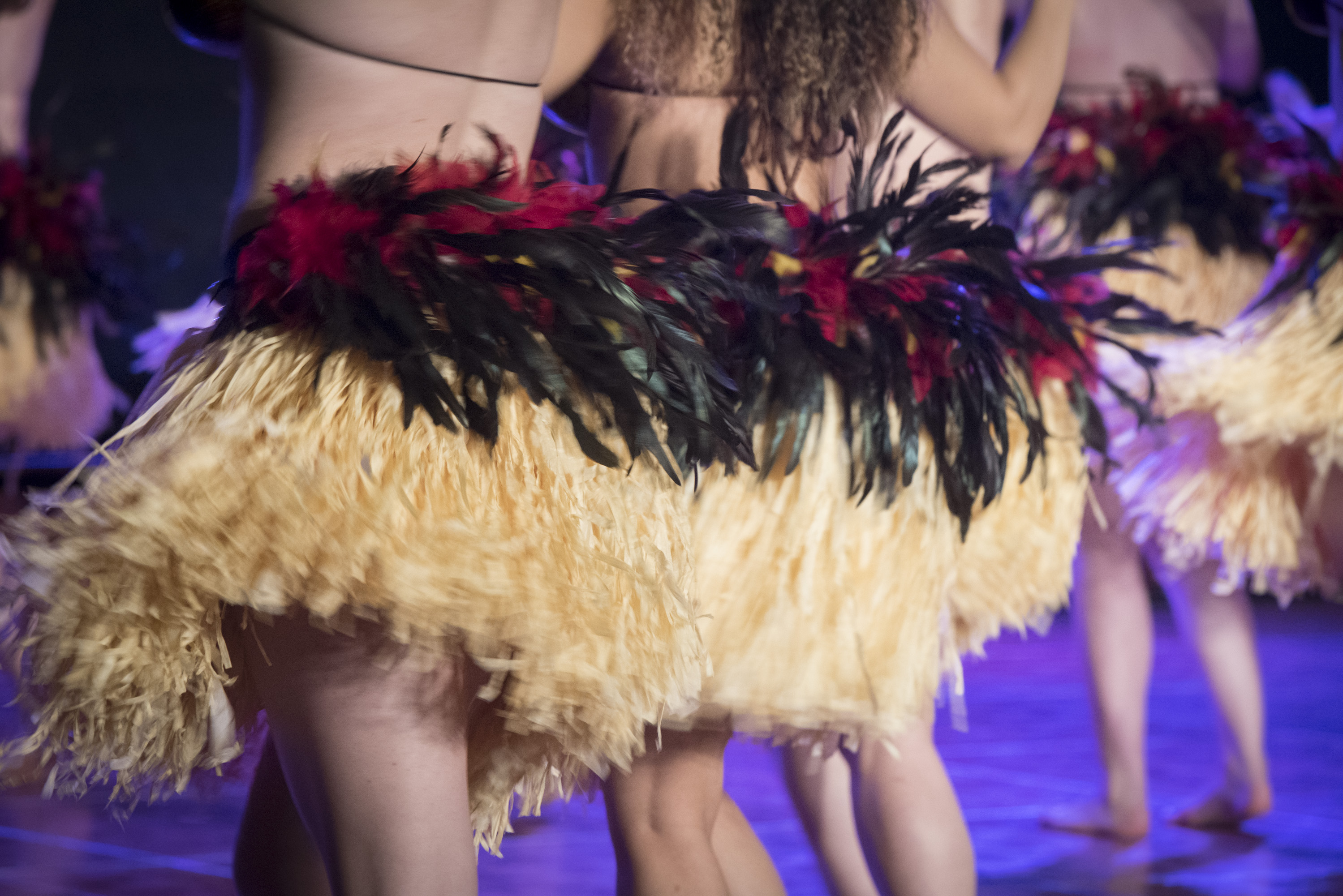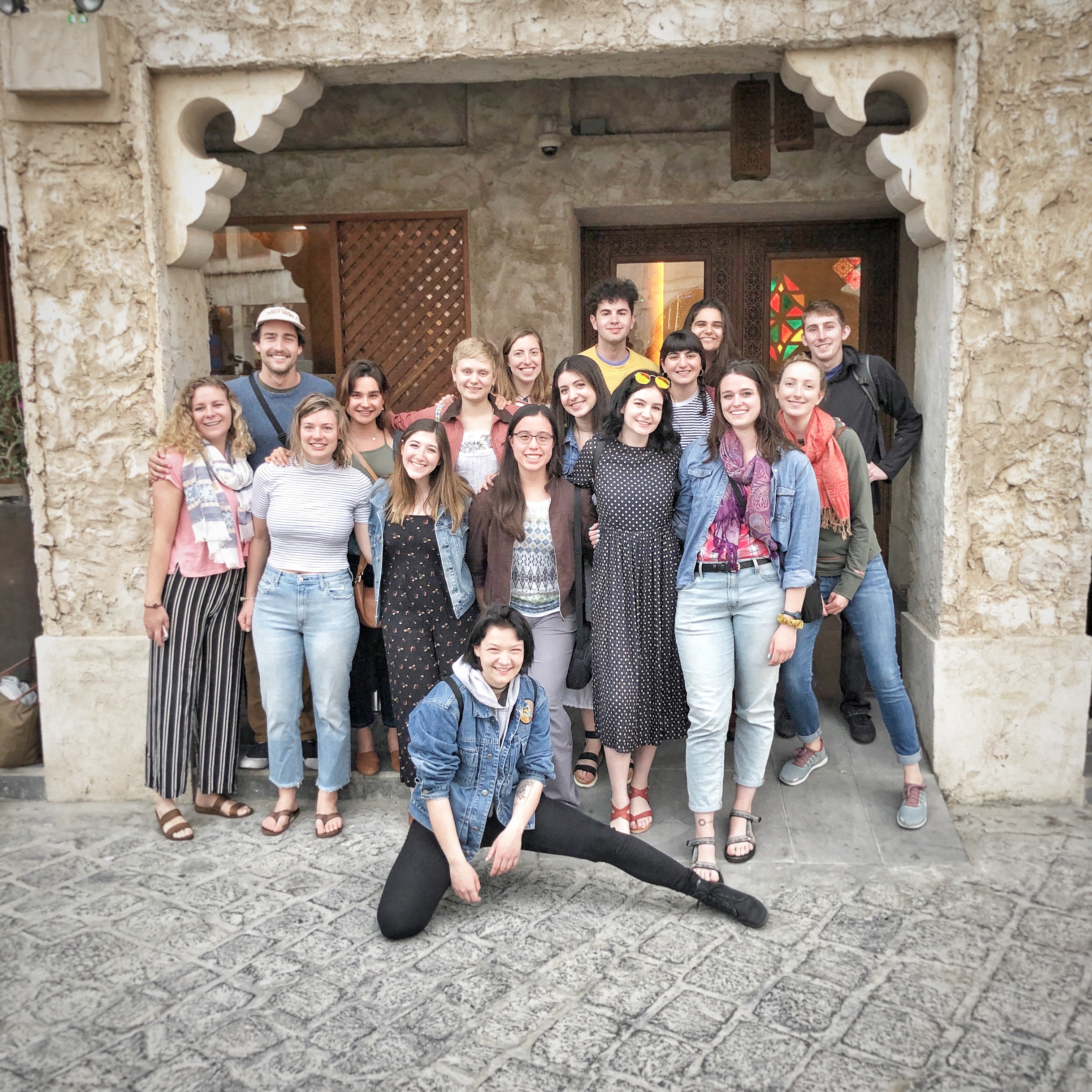History, art, culture — and a typhoon.
When five University of Puget Sound students and two faculty members traveled to China in July 2024, they encountered it all.
During their 10-day trip, Typhoon Gaemi hit Fuzhou, the port city in southeastern China where Puget Sound visitors were staying on the campus of Hwa Nan Women’s College. As the storm poured constant rain for several days, “everything closed,” recalled Noah Hornecker ’26.
But the shutdown gave the American students a chance to take a break from touring museums and historic sites. Instead, they practiced calligraphy, learned to make Chinese dumplings, and produced a dance video with Hwa Nan students.
“They did a good job bonding,” said Jonathan Stockdale, professor of religion, spirituality, and society who teaches in the university’s Asian Studies program and the program’s former director.
The trip gave both Chinese and American students an opportunity to practice their second language skills.
“It was more difficult than I thought it would be,” said Hornecker, who is double majoring in Chinese language & culture and art history. “It’s mostly the official language that we learn. But no one talks like that.”
Joe Johnson ’25, who is majoring in Chinese language & culture and English, agreed: “It’s one thing to learn in a classroom or from a textbook, but it’s another to talk to someone. I spoke in fragments. My grammar wasn’t the best.”
When they weren’t sheltering from the storm, students toured an area where thriving boutiques and modern commerce — including a Starbucks — exist in an ancient setting of historical buildings. There, market stalls lined narrow passageways where people sold goods made in their homes.
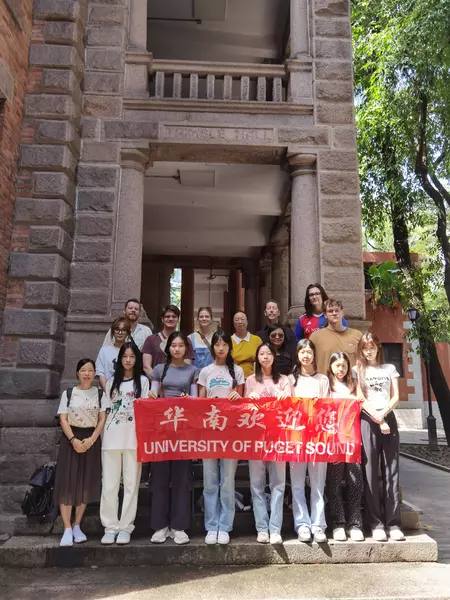
“Everyone was out on the street,” said Johnson. He was also intrigued by Chinese tea culture, which dictates that “you don’t drink tea alone, you share with someone.”
Fuzhou is famous for its tea, noted Yu Luo, associate professor of anthropology and Suzanne Wilson Barnett chair in Contemporary China Studies. “Its city flower is jasmine, and you smell it everywhere,” she added.
Fuzhou is also Tacoma’s sister city in China and is the source of the Chinese pavilion that graces the Chinese Reconciliation Park on Tacoma’s waterfront.
Students explored a 1,000-year-old mosque in Quanzhou — a legacy of historic trade routes that linked Asia, the Middle East, and Europe.
One purpose of the trip was to strengthen ties between Puget Sound and Hwa Nan — ties that were interrupted during the global pandemic.
Puget Sound’s connection to Hwa Nan College began with American missionary Lydia Trimble, the college’s first president, who founded the institution in 1908. The Trimble family’s dedication to Sino-American educational exchange spans four generations, sustained today by initiatives like the Trimble Fund, which supported portions of the summer trip to China. For 30 years, a teaching fellowship has also enabled Puget Sound graduates to teach English at Hwa Nan, with the first fellow since the pandemic traveling to Fuzhou this summer.
In recognition of the family’s contributions, Gordon Trimble ’P99, president of the Trimble Foundation, was awarded honorary citizenship in Fuzhou, China, in June 2023. The family’s legacy endures through a scholarship established by Lydia Trimble’s descendants, which continues to support students and advance her vision of empowering young women through education.
In Fuzhou, the Puget Sound visitors were big news. The city posted a photo and note about the visit on its “X” account and web page.
“When I grew up, to go abroad and study was a big thing,” said Luo, who is from Guizhou Province in inland China. But today, that feeling has diminished somewhat, she added. “Many ordinary Chinese people are feeling confident about China’s development.”
Still, Luo said, people were eager to communicate and welcome outsiders, especially after the isolation of the pandemic.
Stockdale said the trip gave Puget Sound students a chance to see China and the world from a new perspective.
“And that is the goal of a liberal arts education,” he said.
